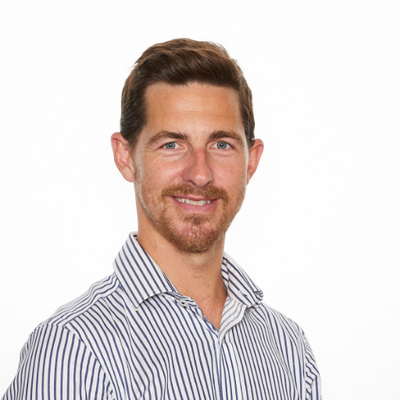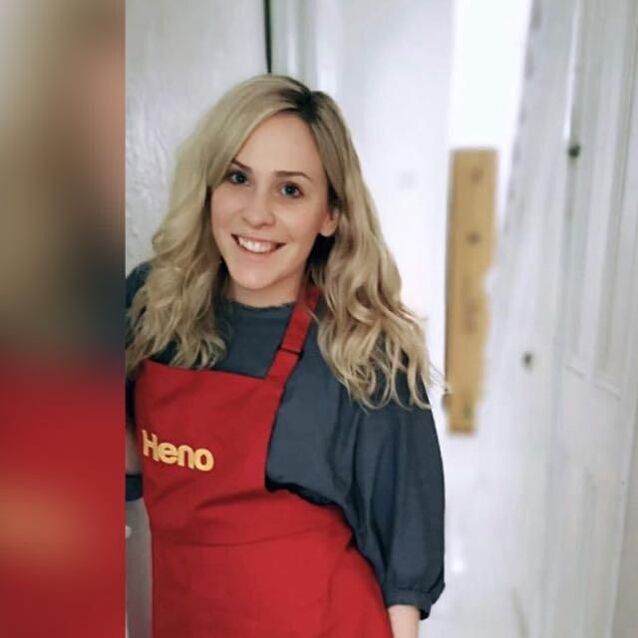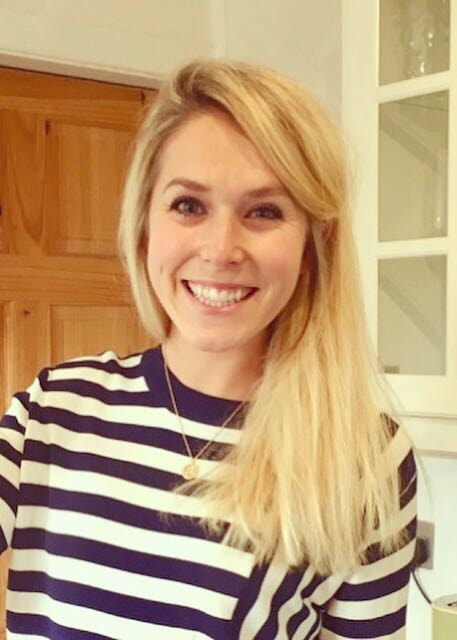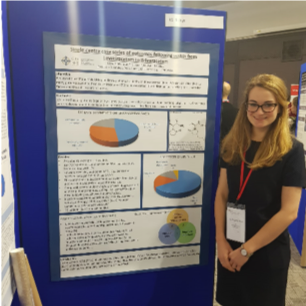|
Dr Tom Cromarty Editor Interests: Paediatric Emergency Medicine, Medical Engagement and Leadership, Simulation, Quality Improvement, Research Twitter: @Tomcromarty |
Welsh Research and Education Network
WREN BlogHot topics in research and medical education, in Wales and beyond
Dr Celyn Kenny Editor Interests: Neonates, Neurodevelopment, Sepsis, Media and Broadcasting Twitter: @Celynkenny |
|
Dr Siwan Lloyd ST4 I was very lucky to be able to attend the BPNA (British Paediatric Neurology Association)’s annual conference again this year. I attended with a poster presentation on “Single-centre case series of outcomes following switch from Levetiracetam to Brivaracetam”. I was also very pleased to see that two other Wales Deanery trainees also had posters at the conference: Emily Payne with her poster on “FLNA Mutation and Epilepsy – A Case Report” and Bethan McMinn with her poster on “Splints – to have and to hold”. The abstracts for these posters are published in the Developmental Medicine and Child Neurology Journal Volume 61, Issue S1. The conference was held at the Titanic Hotel in Liverpool which was beautiful (unfortunately, my study budget did not stretch to me staying there and so I was in a Travelodge in the City Centre which wasn’t quite as glamorous). edit. The Conference Dinner was held in The Cunard Building with drinks beforehand in the British Music Experience where I got to see the Spice Girls’ original outfits and try out some electric guitars (and realise that my very few guitar chords that I learnt in University have long escaped my memory). There was also an evening Ceilidh which took me back to the many good times that I had at Ceilidhs during my 6 years in Edinburgh University. I met many of the Paediatric Neurology GRID trainees who were extremely kind and helpful and allowed me to question them endlessly about what life is like as a Paediatric Neurology GRID trainee. They were extremely supportive in giving me career and applications advice. I would encourage anyone thinking of applying for any GRID specialty to go to the trainee meetings, contact the trainee representatives and attend the trainee sessions at the annual conferences for that specialty in order to meet as many current trainees as possible. The insight and advice that they can provide is invaluable when making difficult career decisions. The conference had a very varied and packed programme and I will just briefly mention some of the most memorable talks. There were speakers from across the world including Brazil, Ghana, Nova Scotia, Marseilles and Ecuador. It was extremely interesting to hear about their clinical experiences working in such different settings (e.g. experience of congenital Zika Syndrome in Brazil). It was also insightful to hear about experience of paediatric neurology services in Ghana and the challenges faced (e.g. limited access to newer AEDs/neuroimaging/lab support) and this again sparked my interest in Global Child Health and reminded me that we should really be striving for equality in paediatric services across the world. These talks also reminded me of the importance of hearing from clinicians working in other countries to gain insight in to conditions that they see more frequently than we do, and to understand the set-up of their services and share good practice. As I’m sure you can imagine, there was a lot of discussion about cannabidiol use and the pressure that there has been from the media, support groups and politicians to prescribe these medications. There was evidence presented on RCTs assessing cannabidiol use in Lennox-Gastaut and Dravet syndrome and also drug interaction studies for co-administration of cannabidiol with other AEDs. These discussions highlighted to me the many emotive issues surrounding this topic which has been of huge media interest recently and the importance of rigorous research and evidence for any medications that we prescribe. The NICE guideline is expected in October 2019. I attended two Personal Practice Sessions: the first on “Vestibular Disorders in Children” and the second on “Neuromuscular Disorders: Floppy Infant Diagnosis and Management” which were very useful. There were many talks on the emerging advances in genetics: next generation sequencing, gene panels, exome sequencing, whole genome sequencing. In the personal practice session on Neuromuscular Disorders, the speaker informed us that genomic investigations are now becoming first line in many neurological presentations. He reflected on the difficulty with informed consent and that his healthboard now employs a genomic nurse practitioner to take informed consent and discuss these issues with families. Their service also runs a “Genomic MDT” to discuss all results and the significance of the variants before the result is fed back to the patient and families (they hold these MDTs once a month with tele-conferencing to DGHs). I thought this was an excellent idea and something that would be very useful to roll-out to other healthboards as these emerging technologies are becoming more commonplace in clinical practice. There were presentations on the re-emergence of SSPE in the UK related to recent Measles outbreaks. It was heart-breaking to hear about these preventable cases. This inspired me to discuss vaccination with any parent/child that I assess during acute admissions and to try to do anything within my power to tackle the misinformation about vaccination which has led to so many tragic outbreaks of preventable diseases with devastating outcomes for some families. One talk that I very much enjoyed was given by R Black and introduced a resource that she and her team had developed called “me and my epilepsy”. This was developed following a qualitative study which highlighted that children and young people with epilepsy had unmet information and support needs. It also highlighted that children’s understanding of epilepsy very much relied on their parents to provide information. An animation was developed alongside the children from the study and all words in the video are the children’s own words. This made me think about the information that we provide for our patients and highlighted the need for more child friendly information and resources to be available and to prevent the situation where parents are the only “gate-keepers of information”. This is important to ensure that all children have fair access to information about their condition. I would encourage you to watch this video and share with your patients with epilepsy: Muir Maxwell Epilepsy Centre – Me and My Epilepy URL: https://www.youtube.com/watch?v=MO7xXL2ZXP8 There was a lot of discussion about the new RCPCH Shape of training report and the impact this will have on future paediatric subspecialty training. Training is planned to be shortened to 7 years, with the introduction of credentialing and increasing opportunities for post-CCT training modules. It was interesting to see the way in which our training is likely to change significantly in its format over the next few years and I would encourage everyone to have a look at this report. It will impact us all whichever subspecialty we decide to pursue.
I would very much recommend the future BPNA conferences to any trainees who are interested in Neurology, Epilepsy, Neurodisability, Genetics or Community Paediatrics. The BPNA also have some excellent courses for interested trainees like the PET epilepsy training courses which I would also highly recommend to any trainee. Siwan Lloyd [email protected]
0 Comments
Leave a Reply. |
Editors
Dr Annabel Greenwood Categories
All
|










 RSS Feed
RSS Feed
